What the Midterm Elections Mean to the Sex Work Industry
Posted on October 31, 2018 by Jessie Sage
First published in the Pittsburgh City Paper.
In light of the upcoming midterm elections, I take a step back to talk about the way in which elections impact the lives of the sex work community.
Sex work is an umbrella term that encompasses a wide array of erotic services: stripping, webcam modeling, nude modeling, escorting, street-based prostitution, phone sex operating, porn performing, etc. Sex work needs to be distinguished from sex trafficking. While some sex workers have histories of trafficking and coercion, those who identify as sex workers typically see their work as a profession, and often, as a political identity.
A mantra of the sex workers’ rights movement is “Nothing about us without us.” There is good reason for this. The stories of sex workers are intriguing and journalists have often used these stories for their own career advancement, turning the lives of sex workers into peep shows with little regard for the consequences of their writing. Academics have often theorized about the working conditions, motivations, and psychological well-being of sex workers without measuring their theories against sex workers’ own voices. Law enforcement and non-profit organizations are running well-funded anti-trafficking campaigns on the assumptions that all sex workers are victims in need of saving, contrary to sex workers insistence that they need “rights, not rescue.”
Along these lines, public officials make and enforce policies that severely impact the lives of sex workers without understanding the needs of the community or what the impact of these laws will be. Never has this been more true than in April, when President Trump signed FOSTA-SESTA into law.
Marketed as an anti-trafficking bill, FOSTA-SESTA moved through the U.S. House and Senate at breakneck speed. The intent of the bill is to penalize websites that “promote or facilitate prostitution.” Yet the language is so vague as to hamper sexual freedom more broadly. Many niche sex/dating sites, fearing that they may be held liable should a transaction occur, have drastically changed their terms of service or shut down altogether. Craigslist personals, FetLife, and even the furry dating site are perfect examples.
The stated purpose of the bill was to protect (mostly) women from the harms of sex trafficking. By removing sexual services from websites, women would no longer be victimized by pimps, traffickers, and bad johns. Ironically, in practice it made sex work more dangerous, removing sex workers’ ability to safely screen and disseminate information about bad clients, as well as organize other harm reduction efforts.
If lawmakers would have listened, they would have heard a chorus of sex workers vocally decrying this as a looming disaster. But unfortunately, as is often the case, those most impacted by the implementation of policy are not the ones who are at the decision-making table, and those who make these decisions are not the ones who are directly impacted by them.
As is the case with every election, the question isn’t just who an official is and what their stated positions are, but whom are they willing to recognize and listen to?
Peepshow Podcast:
In Episode 30 of The Peepshow Podcast, we talk to writer, sex worker, and community organizer Lorelei Lee. Last year, Lee published “Once You Have Made Pornography,” an article which eloquently describes the way in which making pornography changes sex workers’ lives.
Specifically, she describes the way that porn becomes the primary lens through which performers are viewed. She says, “After you have made pornography, it will be viewed as a part of you forever, and because it is viewed this way. it will be a part of you forever.”
In our interview, we talk to Lee about how this dynamic diminishes performers, making them one-dimensional in the eyes of people outside of the industry. She says, “It is so infuriating when you go outside of the sex work support network and interact with civilians in a way that is generous and vulnerable.”
Feminist theory is one of the places that this is particularly problematic. “They have a model of what they think of sex work is, as a symbol of misogyny. That is objectifying. If flattens sex workers real lived experiences into some symbol for their benefit.”
In our conversation, we talk about the importance of representing sex workers as multi-dimensional people and why they should require platforming of many sex worker voices in all of their abundance.
For more, listen to Peepshow Podcast, Episode 30.
